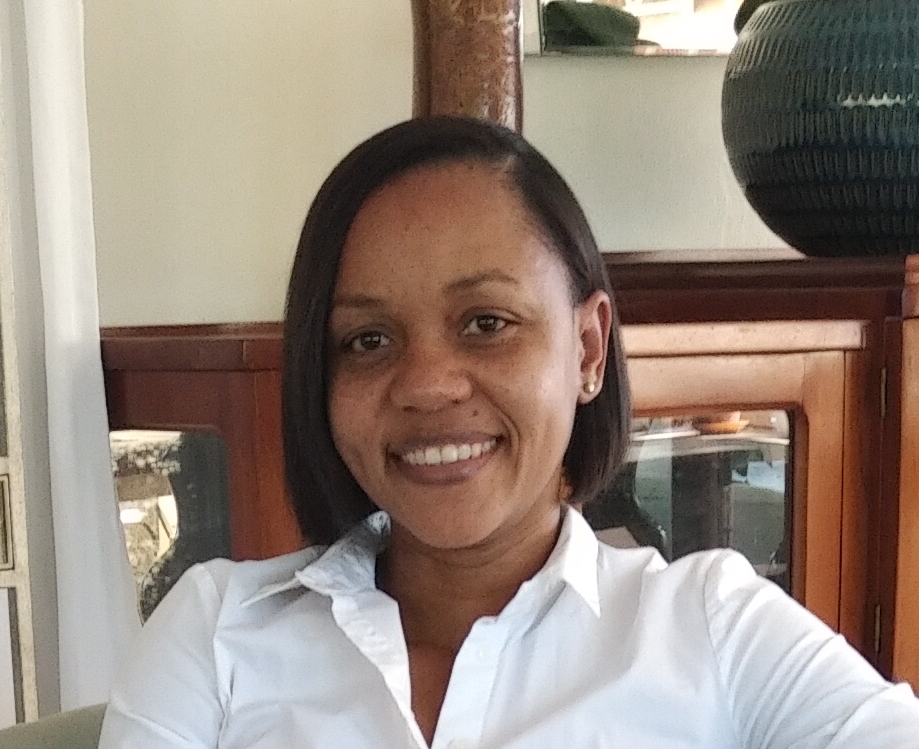Relationship with Time by Caryl James Bateman, B.Sc (Hons), M.Sc, PhD
Relationship With Time
by Caryl James Bateman, B.Sc (Hons), M.Sc, PhD, iaedp International Chapter Chair of Jamaica
My patient Emily* and her mom came to session today. Emily slumped on the couch and placed her head on one of the pillows, her mother sat on the opposite side of the couch next to her. She looked over at her daughter and rubbed her leg in a supporting way, Emily’s mom let out a big sigh and said:
Doc, we have been doing so well, I am not sure what has triggered her, but I believe she may have regressed based on what I found in her bathroom.
Emily remained silent as her mom spoke.
I am not sure if it has anything to do with her going back to school, maybe she is anxious about going back?
Her mother seemed desperate for answers and with her eyes filled with fear I could tell how much she desired her daughter getting back on track. Emily has had a history of being in and out of hospital for the treatment of Anorexia Nervosa Binge-eating/purging-type. During her first admission she appeared to not be entirely focused on her recovery, rather, it seems she may have been more concerned about the attention her family gave to her. In an effort to not be the focus of their worries, Emily decided to focus on the refeeding process and made every attempt to give the impression that she was doing okay. Although we recognized that her approach to recovery must have been difficult for her and that she would benefit substantially by working through her emotions, Emily was not yet ready for this aspect of treatment.
Several months later Emily was readmitted. For her second admission Emily was a lot more willing to work on the underlying issues of her eating disorder. In addition to working hard in therapy, Emily had a lot of schoolwork to catch up on; she spent most of her holiday doing the work because she did not wish to repeat a grade.When her Mom exited the room, I went over and sat next to Emily. She raised her eyes just enough to see me. I smiled and said to her.
Therapist: Hmmm, mom seems pretty worried, what do you think about the concerns she has raised?
Emily: She believes that of late every stress I have has to do with school.
She looked away as she mentioned this.
Therapist: Well why don’t you tell me what your stress is about?
She sat up and faced me
Emily: See I went to my school’s orientation this week, and when my friends said that this is our last year of school it took me by surprise, I really didn’t know we had reached the end.
We finally had an answer for mom’s concerns, Emily was struggling with lost time.
Therapist: Wow it seems that you have missed some time here, where do you think it went?
She lowered her head and replied in a sad tone
Emily: I guess the illness took it.
I really empathized with her pain; Emily’s case is no different from my other patients. I have consistently seen this illness rob patients of their time to truly live a more fulfilling life. Unfortunately, when patients reflect on these regrets, they often cope by resorting to the behaviours associated with the illness, which perpetuates the problem even further.
I had the opportunity to help Emily make the best use of her “in the moment time” to reignite her hope. I started by helping her to shift her perspective.
Hey Emily, what if we were to invite time to our session today? Would you like to make an agreement with time as to how you would like to spend it?
Emily jumped up, no longer did she have a look of dismay on her face, instead, she appeared to be more hopeful. Emily spent the rest of our session making plans for how she would like to use time. Emily, like many of us will invariably go back to the past, however the more she practices her desires for making use of the present moment, the more she will have a more fulsome experience of life. Life’s lesson on time is not only applicable to Emily, but to all of us. Time may be spent on a negative relationship such as one with an eating disorder, or perhaps an unhelpful way of thinking. They both result in us missing out on the present moment’s opportunities and future aspirations. My discussion with Emily reminded me of the gift of the present moment, right here right now. How have you been spending your time?
Author Bio: Dr. Caryl James Bateman is a Clinical Psychologist and Eating Disorder Specialist in Jamaica. She is also a Senior Lecturer and the Psychology Unit Coordinator at the University of the West Indies, Mona. She has a passion for helping people, particularly people of the Caribbean. Through her research and her work with her patients, she has recognized that culture plays a significant role in the way in which individuals seek and receive treatment.
Within the Caribbean context she has done research in areas such as eating disorders, body image, sleep, the lived experiences of psychiatric patients, traditional medicine, sexuality, depression and trauma. She is an advocate for raising eating disorder awareness in the Caribbean and as such pioneered the first international conference in the Caribbean: Dying to be Beautiful: Body Image, Eating Behaviours and Health in the Caribbean. She works diligently with eating disorder sufferers and family members. In the international community Caryl actively informs about the Caribbean culture and its impact on the presentation and treatment of eating disorders. Contact the Author: lyracsemaj@hotmail.com






